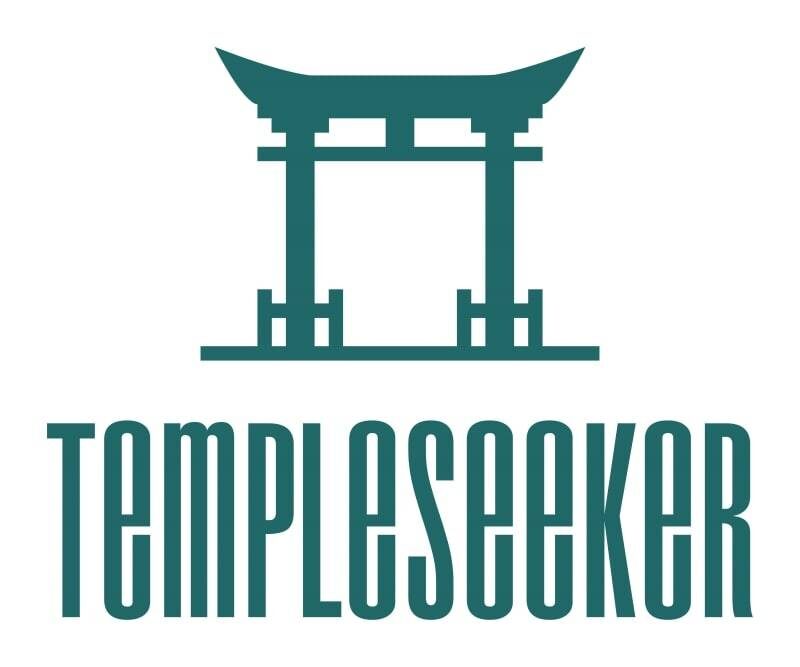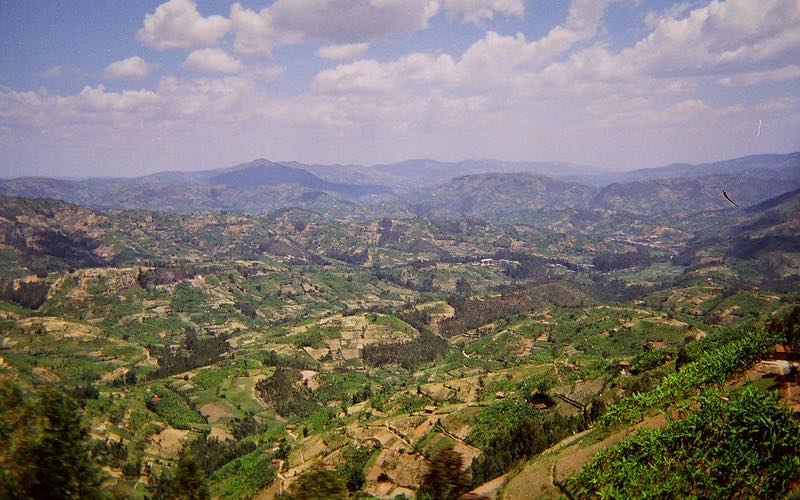Why didn’t anyone intervene during the Rwandan genocide in 1994? Featured Image Credit: Jon Evans.
This is a question that I have been recently asked via Quora. The issue of the failure of the international community in preventing the Rwandan genocide is a difficult topic to write about, and I hope hat you will support me in my challenging aim to raise awareness.
Disclosure: templeseeker.com is a participant in the Amazon Services LLC Associates Program and other affiliate advertising programs designed to provide a means for us to earn fees by linking to Amazon.co.uk, Get your Guide and other affiliated sites. Affiliate links may be used in this article on ‘Why didn’t anyone intervene during the Rwandan genocide in 1994?’, but they do not impact on the price that you pay and they do help me to get this information to you for free.
Before I head into a simplified version of the complexities of international interventions (or lack of) in the Rwandan genocide, I would just like to say that this is a brief summary that combines what I learned while travelling in Rwanda, with my extended reading. It is a summary of articles and apparent facts (rather than my opinion) and whilst writing this, I would like to acknowledge that we may never know the full truth about international intervention during the Rwandan genocide, and that there is always more to learn. I hope that you will support me in my challenging aim to raise awareness.
It is important to remember how rapidly the Rwandan genocide occurred – an estimated 1 million people macheted to death (amongst other ways of killing) in just 100 days. The main focus of the European community was on Yugoslavia.
Did the US Intervene in the Rwandan Genocide?
The US arguably chose to ignore the Rwandan genocide of 1994. Rwanda was not an oil, gold or diamond rich country and from an economic perspective, the US did not have a lot to gain by intervening. Journalist Rory Carroll wrote an article for the Guardian, explaining why the US chose to ignore Rwandan genocide.
The other issue was the prior events in Somalia. In 1993, a year prior to the Rwandan genocide, US soldiers were killed by Somalians and their tortured bodies dragged through the streets of Mogadishu. This horrific media footage was shown to the world, and as a result, America was apprehensive about sending more troops to Africa.
Battle of Mogadishu (1993)
The US did not call what was occurring a ‘genocide’ at the time, because this would imply that they had to intervene. The first time the term was used by the US government was on 25th May (too late) and even then, it was diluted into the term ‘acts of genocide’. Surely it’s either a genocide, or it is not?
UNAMIR – The UN mission in Rwanda
The United Nations did have a small presence in Rwanda at the time of the genocide, the problem was that they did not send enough troops, and they were not given the power to shoot. Belgian troops were among the first to be victims of the Hutu Militia, and the murder of 10 Belgian soldiers promoted many countries to get their own citizens out.
Romeo Dallaire (head of UNAMIR – The UN mission in Rwanda) therefore did not have enough troops to stop the genocide, and most of his mission was spent trying to keep information about where Tutsi’s were from the Hutu Militia. He suffers with PTSD (Post Traumatic Stress Disorder) and was condemned to a lifetime of medication as a result of the failure of the mission.
RTLM Radio and it’s role in the Rwandan Genocide
The international community could have prevented the rapid spread of the Rwandan genocide by intercepting the hate radio RTLM, which spread the message of ‘chopping the tall trees’ (machete the Tutsis). However, the right to ‘freedom of speech’ prevented them from doing so.
Why did other African Countries not Intervene in the Rwandan Genocide?
Many surrounding African countries were either fighting their own civil war, or lacked the resources or knowledge needed to intervene.
Conclusions on why the US, UN and other African Nations did not prevent the Rwandan Genocide
There was an independent enquiry in 1999 as to why the international community did not step in and prevent the genocide. It was concluded that other countries did not have the resources or the political will.
There were obviously some serious errors of judgement regarding the Rwandan genocide, which could have been prevented and wasn’t.
I urge you to read and educate others on genocide, and Rwanda itself, in the hope to work towards a peaceful world in the future.
Also, as a travel blogger, I want to emphasise how safe, colourful and exciting Rwanda is as a tourist destination. Visit the mountain gorillas, learn how to make banana beer and visit lake Kivu. Help us to promote the beauty of this country and understand how far it has moved forward. I hope that you will also read my article on Rwanda Today.
I’m open to comments on this blog about why the Rwandan genocide was not prevented. Please respect the sensitive nature of the topic (I do have some Rwandan readers), and let’s help each other to learn and grow together.
Recommended films:
Hotel Rwanda [DVD]
Shooting Dogs [DVD] [2007]
Sometimes In April [DVD] [2005]
Recommended reading:
- Shaking Hands with the Devil: The Failure of Humanity in Rwanda: Romeo Dallaire
- We wish to Inform you that Tomorrow we will be killed with our families: Philip Gourevitch



